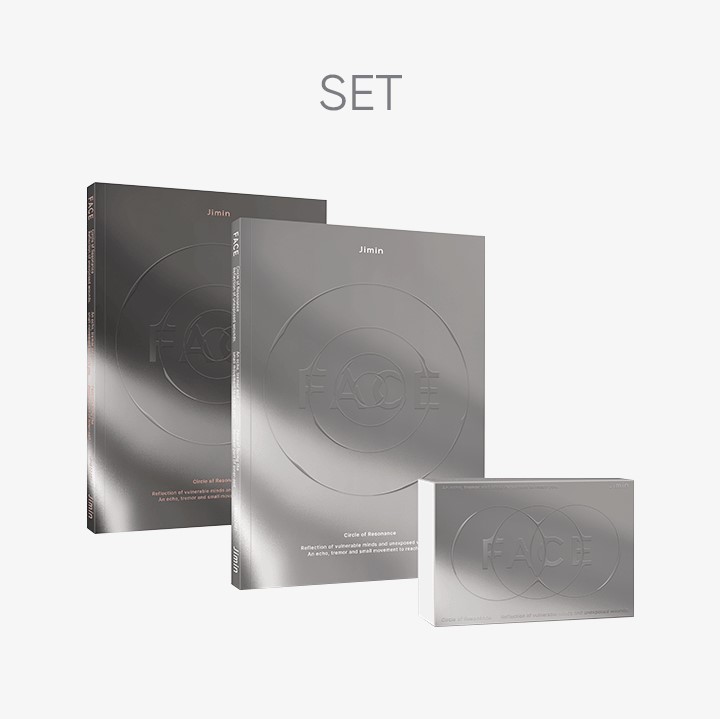
It’s the effort that went into not shying away from the duality in things like black and white, or “Like Crazy” and “Set Me Free Pt. 2,” that makes FACE so compelling. Take, for example, when Jimin is raised high in the air by the backup dancers in “Set Me Free Pt.2,” only to briefly disappear and reappear again wearing white. It’s as though once all the people surrounding him disappear, his inner, unseen side appears. The music video for the song, too, follows the lyrics closely to reflect Jimin’s life story. When he sings he’s “standing at the edge,” the other dancers move in a way that creates a swirl, and Jimin walks into it. The swirl disappears and he moves to dance in the middle of the stage just as he sings, “Fly away, butterfly.” And when he sings that he’s “finally free,” the camera captures the entire stage in a wide angle. The transition suggests a cathartic escape from the chaotic swirling of endless troubles to fly to freedom like a butterfly. The way the music video conveys the meaning of the lyrics through contemporary dance-like choreography and camerawork are similar to what BTS did with “Black Swan.” Considering that performance from the group and that Jimin majored in dance, it seems like the right choice, but most of the moves in “Set Me Free Pt.2” are specifically from contemporary dance rooted in hip hop. Most of his moves are electrifyingly choppy or have him grooving to the hip hop flow. By contrast, “Like Crazy” is full of disco-like moves, matching the club setting of the music video. The way Jimin and his backup dancers move as a whole during the lines, “So that morning / Gets drunk and never comes,” is reminiscent of Jimin’s dance in “Black Swan.” “Like Crazy” conveys Jimin’s loneliness through dance, like when the female dancers keep running their hands around him during the words, “As the loud music plays / I’m fading away.” Jimin dances more lightly in the chorus as the disco rhythm really takes hold (“I’d rather be…”), highlighting his remarkable technique. His performance in “Set Me Free Pt.2” differs with its higher energy and almost overwhelmingly intense hip hop-derived contemporary dance crowd. Though he frames his message in a genre whose characteristics best match it in the minds of listeners, he reinterprets the genre in his own style by conveying his message in a whole new way.


Unauthorized reproduction and distribution prohibited.